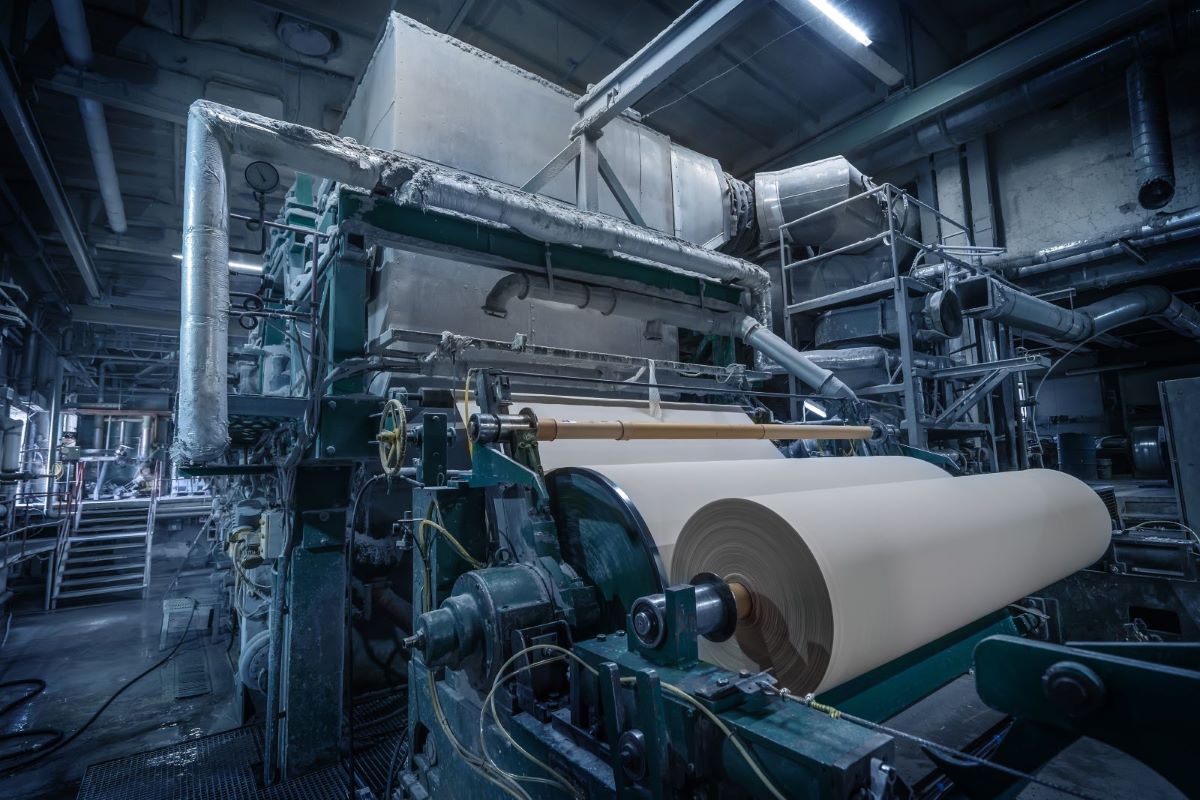Britain’s industrial heritage, once the foundation of its global power, is eroding at an alarming rate, threatening towns, communities, and livelihoods.
1. High Streets: Retail Despair
The UK’s high streets are vanishing fast, with 47 shops closing daily in 2023. Household names like Wilko and Paperchase are gone, and the British Retail Consortium reported 150,000 retail job losses from 2020 to 2023 as online shopping continues to thrive.
2. Coal Industry’s Last Breath
Britain’s coal industry is nearly extinct. Coal production hit a historic low of 1.6 million tonnes in 2021, and the closure of Aberpergwm Mine in 2023 marked the end of deep coal mining in the UK, replaced by renewable energy dominance.
3. Steel on the Edge
British Steel narrowly avoided collapse with a Chinese bailout in 2019, but the UK steel industry remains in trouble. Energy costs have soared by 300%, and production has dropped by more than a third in the last decade, making survival uncertain.
4. Print Media: The Final Edition
Print newspaper circulation has plummeted by 54% over the last decade. In 2023, The Guardian cut 180 jobs, while regional newspapers continued to shrink, marking the slow death of traditional print media.
5. Shipbuilding: A Sinking Legacy
British shipbuilding is in steep decline, and it is now reliant on government contracts to survive. By 2023, the UK accounted for less than 0.2% of global ship production, and the closure of Appledore Shipyard in 2019 was another blow to the sector.
6. Pubs Disappearing Nationwide
More than 2,000 pubs have closed since the pandemic, according to CAMRA. Rising costs and changing social habits are making it harder for pubs to survive, stripping communities of a key cultural and social hub.
7. North Sea Oil: Drying Up
The North Sea oil and gas industry has seen production fall by 60% since 1999. A 2023 report warned that over 80,000 jobs could be lost by 2030 as the sector winds down and renewable energy takes centre stage.
8. Dairy Farming: Milking Its Last Drops
Britain’s dairy industry is shrinking rapidly. Dairy farms have dropped from 35,000 in 1995 to fewer than 8,000 in 2023, as supermarket price wars and rising costs make small-scale farming unsustainable.
9. Glass Manufacturing: Shattered Hopes
Once a thriving industry, UK glass manufacturing is now on the decline. The closure of Pilkington’s St Helens plant in 2019 and a 15% drop in production in 2022 reflect the industry’s struggle against rising energy costs and global competition.
10. Textiles: Unraveling at the Seams
The UK’s textile industry, once a global leader, has dwindled by 90% since the mid-20th century. Cheaper overseas production has left historic mills in Lancashire and Yorkshire silent as fast fashion dominates.
11. Automotives: Stalling Progress
The UK automotive sector is in a precarious position. Nissan’s Sunderland plant remains open, but Brexit and slow investment in electric vehicles pose significant challenges. Jaguar Land Rover plans to cut 2,000 jobs by 2025 despite a £15 billion investment in EVs.
12. Pottery: Cracking Under Pressure
The pottery industry, centred in Stoke-on-Trent, has been gutted. Employment has fallen by 85% since the 1970s, with production outsourced to Asia, leaving a once-thriving sector in decline.
13. Coal-Fired Power: Switching Off
Coal-fired power stations are shutting down across the UK. Drax Power Station in North Yorkshire closed its last coal units in 2021, and coal is set to be completely phased out by 2024.
14. Leather Industry: Worn Thin
Britain’s leather industry has shrunk by more than 60% since the 1980s. Environmental regulations and cheaper imports have decimated traditional leatherworking hubs like Northampton, leaving only a handful of tanneries still operating.
15. Cement Industry: Crumbling Away
The UK cement industry is crumbling under economic pressure. The closure of Lafarge’s Cauldon plant in 2022, which resulted in 180 job losses, highlights the sector’s struggle against rising energy costs and environmental regulations.
16. Wool Industry: Fading Fabric
Britain’s wool industry has been unravelling for years, with the number of sheep farmers down nearly 30% since 2000. Wool prices are so low that many farmers struggle to cover their costs, and Yorkshire’s once-famous mills are now largely abandoned.
17. Aerospace: Grounded Ambitions
The UK aerospace sector lost over 30,000 jobs between 2020 and 2021. Airbus cut 1,700 jobs alone, and while recovery is slow, the industry faces high costs and stiff global competition that threaten its future.
18. Fishing Industry: Post-Brexit Struggles
UK fishing, touted as a post-Brexit success story, is struggling with a 14% drop in revenue in 2021. Ongoing disputes over fishing rights have hit communities like Cornwall and Grimsby hard, casting doubt on the industry’s recovery.
19. Train Manufacturing: Off Track
Britain’s train manufacturing industry is facing an uphill battle. Bombardier’s Derby plant has faced significant cutbacks, and without stronger government support, the future of the industry remains uncertain.
20. Paper Mills: Folding Fast
The UK’s paper industry has halved in size since the 1990s. The closure of Stoneywood Mill in 2020 left hundreds jobless as digital media continues to replace traditional paper products.
21. Post Offices: Disappearing Services
Over 1,200 post offices closed between 2020 and 2022, particularly in rural areas. These closures have left many communities without essential services, widening the digital divide and eroding local infrastructure.
Where Does Britain Go From Here?
With the collapse of its iconic industries, can Britain reinvent itself, or is the nation destined to lose its industrial backbone for good?
Featured Image Credit: Shutterstock / DedMityay.
The content of this article is for informational purposes only and does not constitute or replace professional advice.
The images used are for illustrative purposes only and may not represent the actual people or places mentioned in the article.
For transparency, this content was partly developed with AI assistance and carefully curated by an experienced editor to be informative and ensure accuracy.

